
下载亿题库APP
联系电话:400-660-1360

下载亿题库APP
联系电话:400-660-1360

请谨慎保管和记忆你的密码,以免泄露和丢失

请谨慎保管和记忆你的密码,以免泄露和丢失
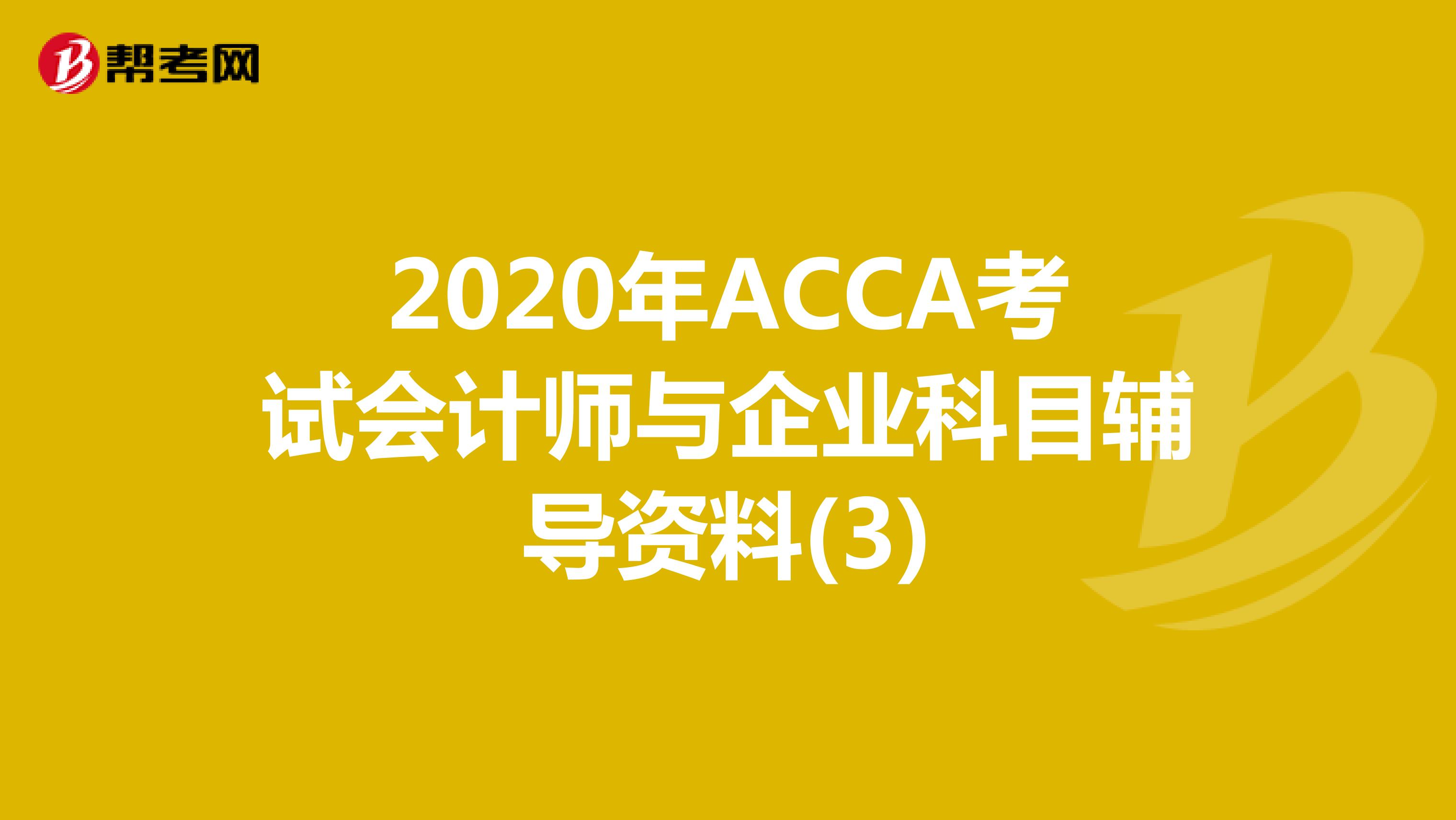
各位小伙伴注意了,备考已经进入了关键期,现在状态如何啊,今天帮考网为大家分享2020年ACCA考试会计师与企业科目辅导资料(3),一起来看看吧。
Classifying organization by ownership/control
Public sector organizations
The public sector is that part of the economy that is concerned with providing basic government services and is thus controlled by government organizations.
Illustration 3 – The nature of organizations
The composition of the public sector varies by country, but in most countries, the public sector includes such services as:
§ police
§ military
§ public roads
§ public transit
§ primary education and
§ healthcare for the poor.
Private sector organizations
The private sector, comprising non-government organizations, is that part of a nation’s economy that is not controlled by the government.
Illustration 4 – The nature of organizations
This sector thus includes:
§ businesses
§ charities and
§ clubs.
Within these will be profit-seeking and not-for-profit organizations.
Co-operatives
A co-operative is an autonomous association of persons united voluntary to meet their common economic, social and cultural needs and aspirations through a jointly owned and democratically controlled enterprise.
(The International Co-operative Alliance Statement on the Co-operative Identity, Manchester 1995).
Co-operatives are thus businesses with the following characteristics:
§ They are owned and democratically controlled by their members – the people who buy their goods or use their services. Investors do not own them.
§ Co-operatives are organized solely to meet the needs of the member-owners, not to accumulate capital for investors.
Illustration 5 – The nature of organizations
For example, a retail co-operative could comprise a group of people who join to increase their buying power to qualify for discounts from retailers when purchasing food.
Expandable text
Co-operatives are similar to mutual organizations in the sense that the members/clients also own the organizations that they exist for. However, they tend to deal in primarily tangible goods and services such as agricultural commodities or utilities rather than intangible products such as financial services.
以上就是帮考网带给大家的全部内容,相信小伙伴们都了解清楚。预祝大家在ACCA考试中取得满意的成绩,如果想要了解更多关于ACCA考试的资讯,敬请关注帮考网!
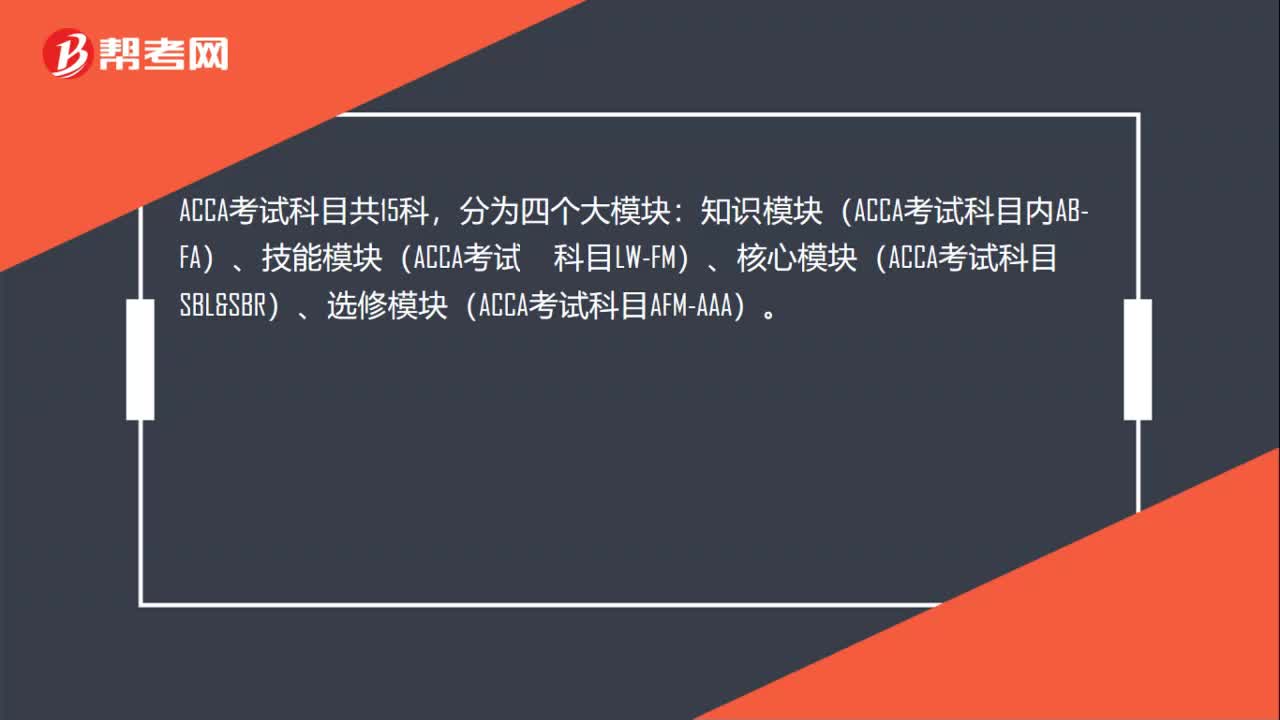 33
33ACCA考试科目有哪些?:ACCA考试科目有哪些?ACCA考试科目共15科,分为四个大模块:知识模块(ACCA考试科目内AB-FA)、技能模块(ACCA考试容科目LW-FM)、核心模块(ACCA考试科目SBLSBR)、选修模块(ACCA考试科目AFM-AAA)。
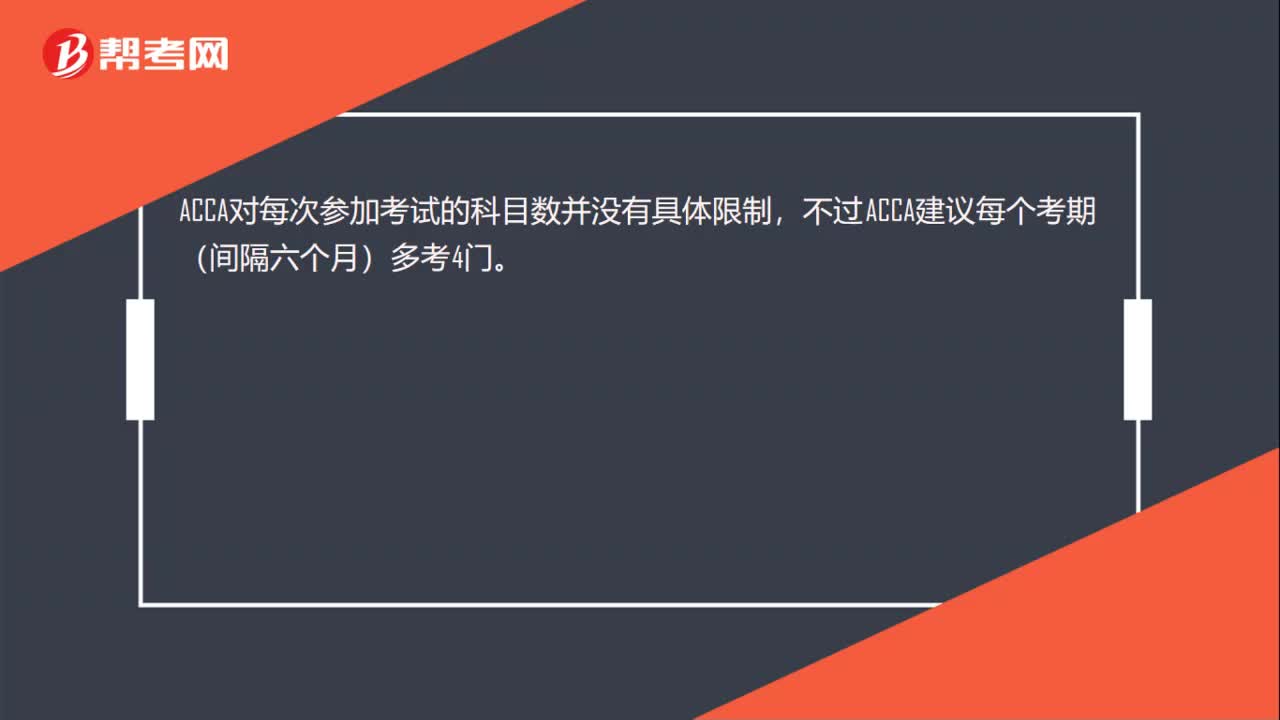 18
18ACCA考试对报考科目有限制吗?:ACCA考试对报考科目有限制吗?ACCA对每次参加考试的科目数并没有具体限制,不过ACCA建议每个考期(间隔六个月)多考4门。
 56
56ACCA考试对报考科目有没有顺序要求?:ACCA考试对报考科目有没有顺序要求?ACCA考试科目15科,分为四个大模块:知识模块(ACCA考试科目F1-F3)、技能模块(ACCA考试科目F4-F9)、核心模块(ACCA考试科目SBLSBR)、选修模块(ACCA考试科目P4-P7)。考试必须按照模块顺序来进行,即知识模块-技能模块-核心模块-选修模块。必须按照这个顺序来报考,但是各个模块内部的科目是可以打乱顺序考的。可以先考F3。
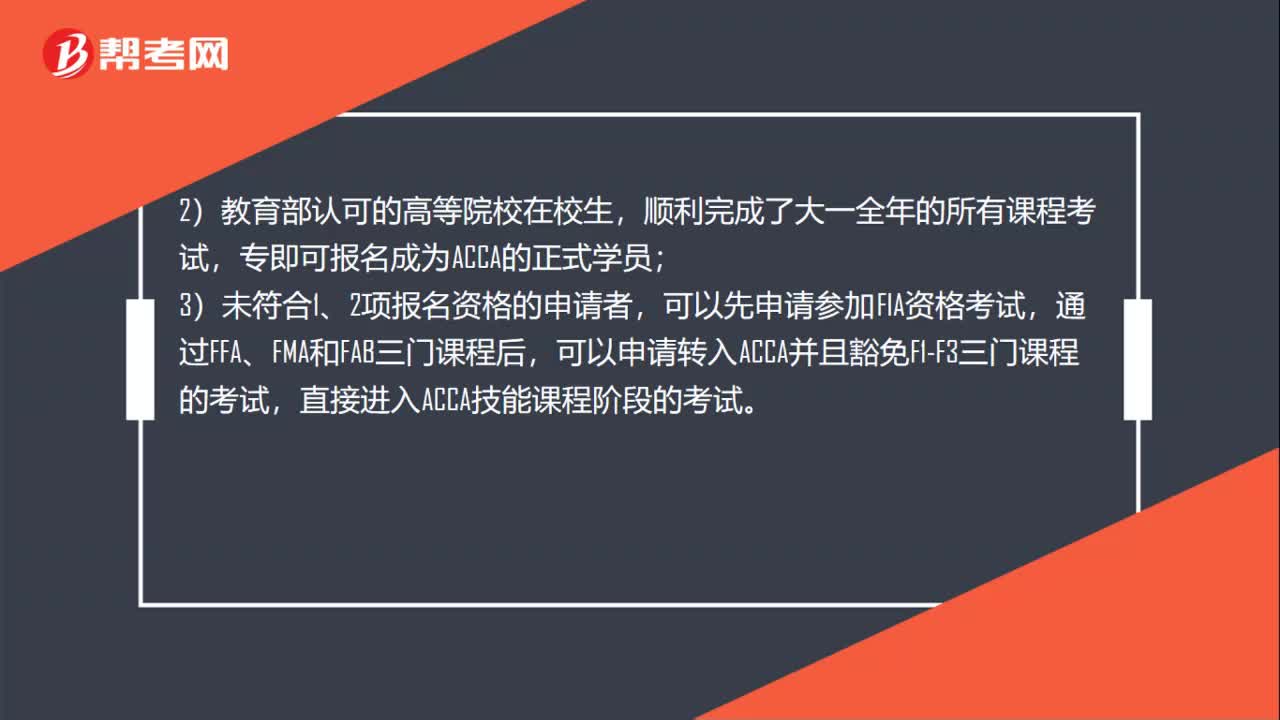 01:03
01:032020-06-04
 01:20
01:202020-06-04
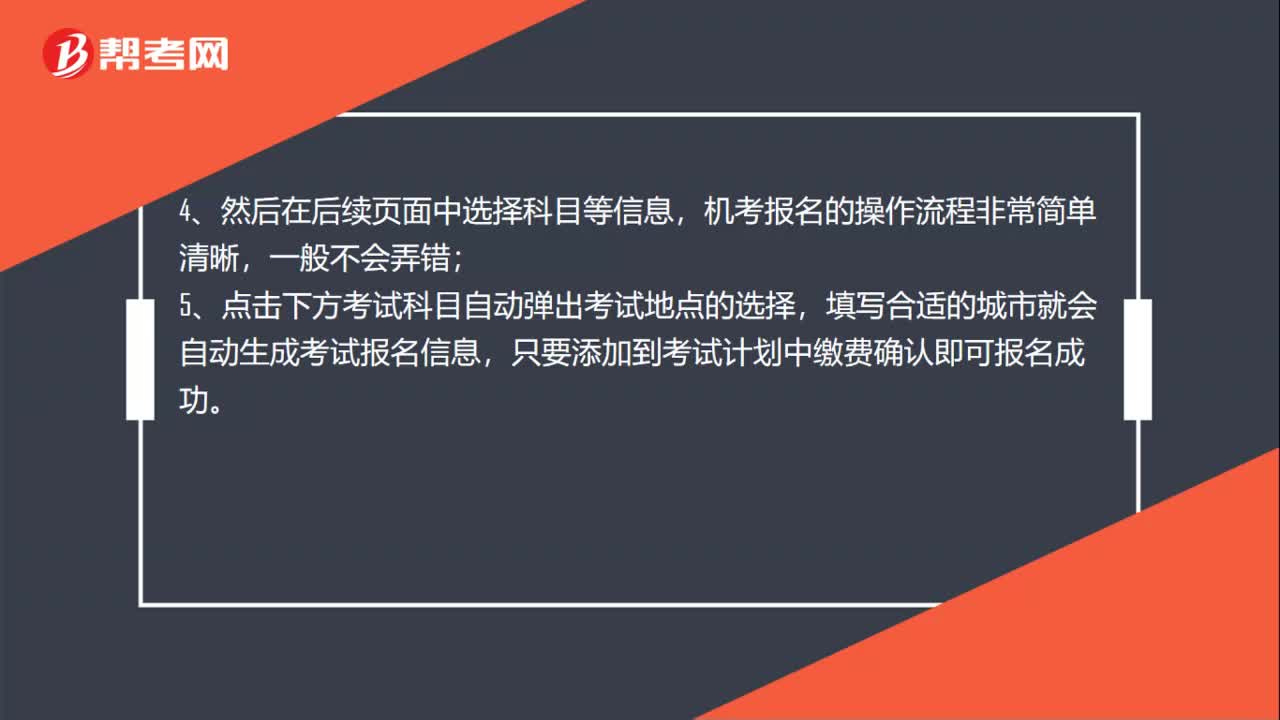 01:21
01:212020-06-04
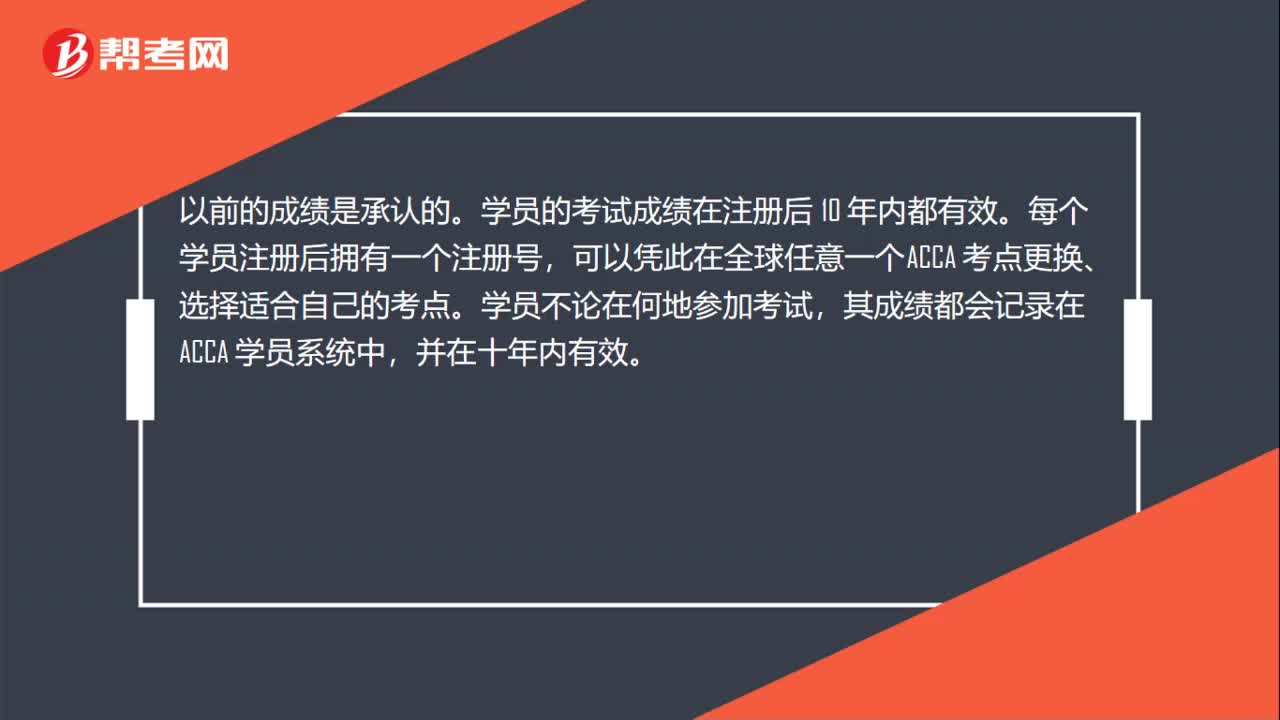 00:34
00:342020-06-04
 00:19
00:192020-06-04

微信扫码关注公众号
获取更多考试热门资料